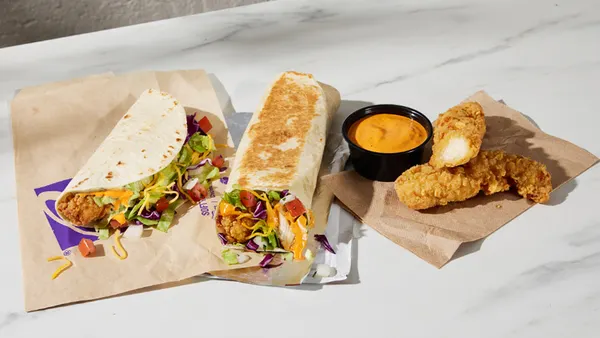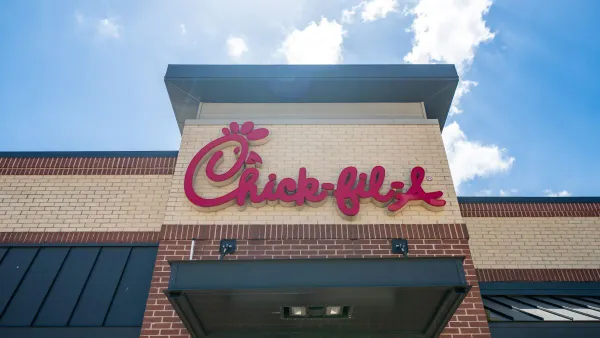Dive Brief:
-
A Culinary Visions survey has identified trust and traceability as main issues consumers have when it comes to foods and beverages containing cannabis ingredients. Of 2,000 consumers surveyed, 45% would trust the safety of such commercially made products, Food Business News reported.
-
In addition, half of the respondents said their comfort level in buying products containing cannabis would be enhanced if a knowledgeable salesperson were available. Further, 42% would rather buy from a smaller company than a big one, and 29% would trust the quality of such products bought online.
-
Culinary Visions found the most popular cannabis-infused products were baked foods, with 48% of survey respondents interested in trying them. Other items also stoked consumer interest, with 45% interested in candy and gummies, 44% wanting to try snacks, and 41% interested in non-alcoholic beverages. Half of those surveyed would prefer not tasting the cannabis in these products, and 47% would consume them for the psychoactive effect.
Dive Insight:
While these survey results indicate growing consumer interest in cannabis-infused foods and beverages, it also shows there are trust issues when it comes to product safety and quality. This may stem from cannabis previously being illegal nationwide — but now legal in various ways in 33 states and the District of Columbia.
Adjusting to this new normal has taken time. Some consumers may still harbor negative images of cannabis as a stoner drug. The industry has also racked up a poor track record on safety and has a history of pitching edibles and supplements containing cannabis as miracle cures. Such marketing practices have drawn the regulatory ire of the Food and Drug Administration more than once.
"Substances that contain components of marijuana will be treated like any other products that make unproven claims to shrink cancer tumors,” FDA Commissioner Scott Gottlieb said in a November 2017 news release. “We don’t let companies market products that deliberately prey on sick people with baseless claims that their substances can shrink or cure cancer."
Other research done this past fall by A.T. Kearney found that while 79% of 1,000 Americans and 1,000 Canadians say cannabis products are therapeutic, they want to be able to trust those companies manufacturing them. And, 73% of U.S. consumers and 71% of Canadian ones found the brand very or somewhat important in being able to gauge the safety of quality of cannabis products.
Since cannabis as an ingredient is expected to grow going forward, negative perceptions could hinder its expansion — so manufacturers need to get out ahead of any lingering consumer concerns. Some ways they might be able to accomplish that — at least according to this new survey — would be better masking the ingredient's taste in products, focusing on smaller labels making the items, and employing knowledgeable sales staff to answer questions about quality and safety.
The cannabis market is changing all the time, and the smart manufacturer will track these sentiments and make sure they're responding adequately. Otherwise, the risk of losing out to the competition is higher, since consumers can easily buy from another company that better reflects their interests.
As it becomes more common for consumers to shop for cannabis-infused chips and cookies or pick up a THC-infused beverage, producers would be wise to cover the trust and traceability issues with adequate outreach and education as soon as possible.














